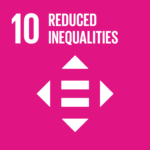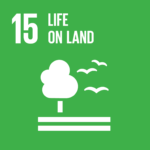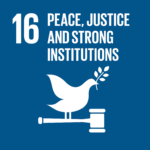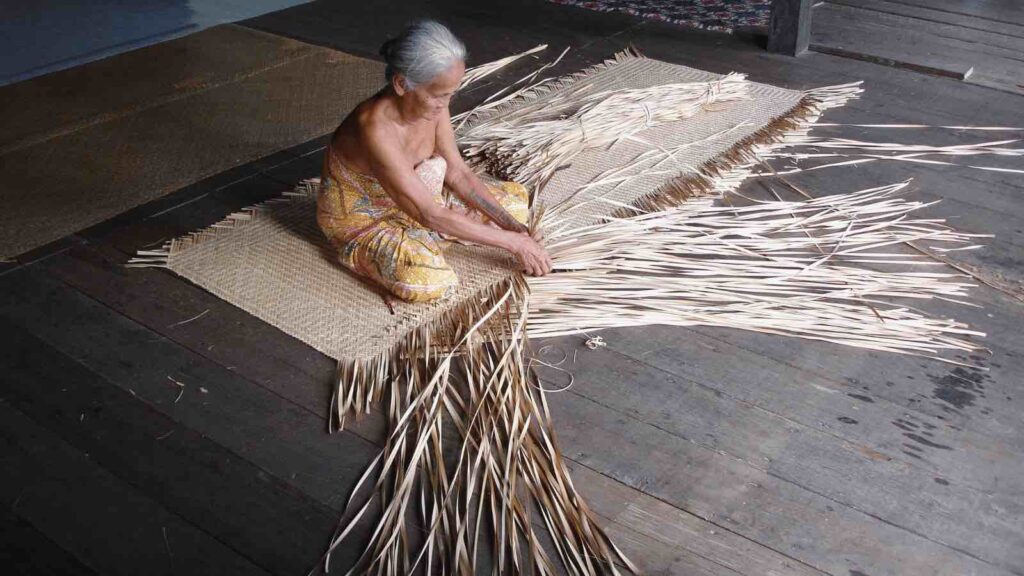As the world shifts towards a greener economy, it is crucial that the interests and rights of Indigenous peoples and indigenous lands are prioritized.
Indigenous leaders from around the world gathered at the United Nations Permanent Forum on Indigenous Issues this week to raise concerns about the exploitation of their territories, resources, and people as the world shifts towards a greener economy. The leaders warned that the west’s climate strategy could lead to a new era of “green colonialism,” with big business and governments putting their interests above those of Indigenous peoples.
RELEVANT SUSTAINABLE GOALS




Balancing Renewable Energy Goals and Indigenous Rights: A Call to Action at the UN Summit
One of the biggest concerns raised by Indigenous leaders was the mining of minerals like nickel, lithium, cobalt, and copper, which are essential for sustainable energy products like electric car batteries. These mining projects often come without the free, prior, and informed consent of Indigenous communities, which is considered the cornerstone of the UN Declaration on the Rights of Indigenous Peoples.
Despite recent progress, Indigenous peoples still face disparities in global decision-making. Last fall’s historic “loss and damage” fund for vulnerable countries reached at Cop27 in Egypt lacked explicit reference to Indigenous peoples, despite their acknowledged importance in mitigating and adapting to climate change.
Brian Mason, chairman of the Shoshone-Paiute Tribes of the Duck Valley Indian reservation in Nevada, shared how the 70 or so lithium mining applications targeting Paiute lands have been “rammed down our throats” to support the Biden administration’s net-zero strategy to create a domestic supply of electric vehicles. Similarly, Edward Parokwa, executive director of the Pastoralists Indigenous Non-Governmental Organization (Pingo’s Forum), spoke about the violent displacement of thousands of Maasai from their homelands in Tanzania to make way for a luxury game reserve.
The leaders urged the UN and its member states to set a quota for actions that guarantee Indigenous peoples can take part in decisions affecting the planet and to ensure they have the same voting power as states. They also called for progress on the Local Communities and Indigenous Peoples’ Platform, which was created under the rights-based Paris Agreement to provide formal Indigenous participation in the fight against the climate crisis.
As demands for renewable resources continue to skyrocket, many companies are turning to resource extraction in Indigenous territories, often without proper consultation or consent. The consequences are dire, with Indigenous peoples facing displacement, environmental degradation, and even violence.
As the world grapples with the urgent challenges of climate change and environmental degradation, it is more important than ever to listen to the voices of Indigenous communities and work together towards a truly sustainable and just future. The UN and its member states must ensure that these communities are not left behind in the fight against climate change and that their voices are heard in global decision-making.
You may also be interested in :
Tonotwiyat Tradition And Women Sacred Mangrove Forest In Papua


